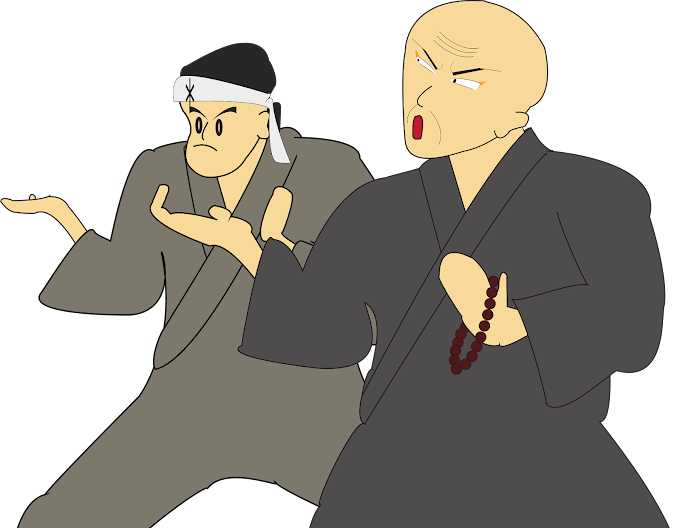In the intricate dance of human relationships, one of the most challenging steps is navigating the path of reconciliation with someone who has caused us pain and misery in the past. It's a journey fraught with emotions, complexities, and uncertainties. How do we approach such a delicate situation with grace and wisdom, while safeguarding our own well-being?
Firstly, it's essential to acknowledge your feelings. Whether it's anger, hurt, or resentment, your emotions are valid and deserve recognition. Take the time to process what you've been through and understand the impact it has had on you. Journaling, therapy, or talking to a trusted friend can provide invaluable support during this introspective phase.
Next, assess your readiness for reconciliation. Are you genuinely open to the possibility of healing old wounds, or are you still too raw to engage with the person who caused you pain? Remember that reconciliation is a two-way street and requires mutual willingness to listen, understand, and empathize.
Set clear boundaries. Before re-engaging with the individual, establish boundaries that safeguard your emotional well-being. Communicate these boundaries calmly and assertively, emphasizing your need for respect and understanding. Boundaries are not walls; they're healthy guidelines that promote mutual respect and emotional safety.
Practice self-care diligently. Reconnecting with someone who has hurt you can stir up old wounds and trigger intense emotions. Prioritize self-care activities that nurture your mind, body, and spirit. Whether it's meditation, exercise, or spending time in nature, find what brings you peace and solace.
Approach the reconciliation process with an open heart and a willingness to listen. Practice active listening, striving to understand the other person's perspective without judgment or defensiveness. Validate their feelings and experiences, even if you disagree with their actions.
Forgiveness is a powerful tool for healing, but it's a journey, not a destination. True forgiveness doesn't mean forgetting or excusing the past; it's about releasing the burden of resentment and reclaiming your peace of mind. It's a gift you give yourself, freeing yourself from the shackles of anger and bitterness.
Reconciliation doesn't always lead to restoration of the relationship. Sometimes, the healthiest choice is to part ways amicably, knowing that you've both grown and learned valuable lessons from the experience.
Ultimately, navigating reconciliation with someone who has caused you pain requires courage, empathy, and self-awareness. It's a testament to your resilience and capacity for growth. Embrace the journey with an open heart, trusting that every step brings you closer to healing and wholeness.










If you have any suggestions let me know...